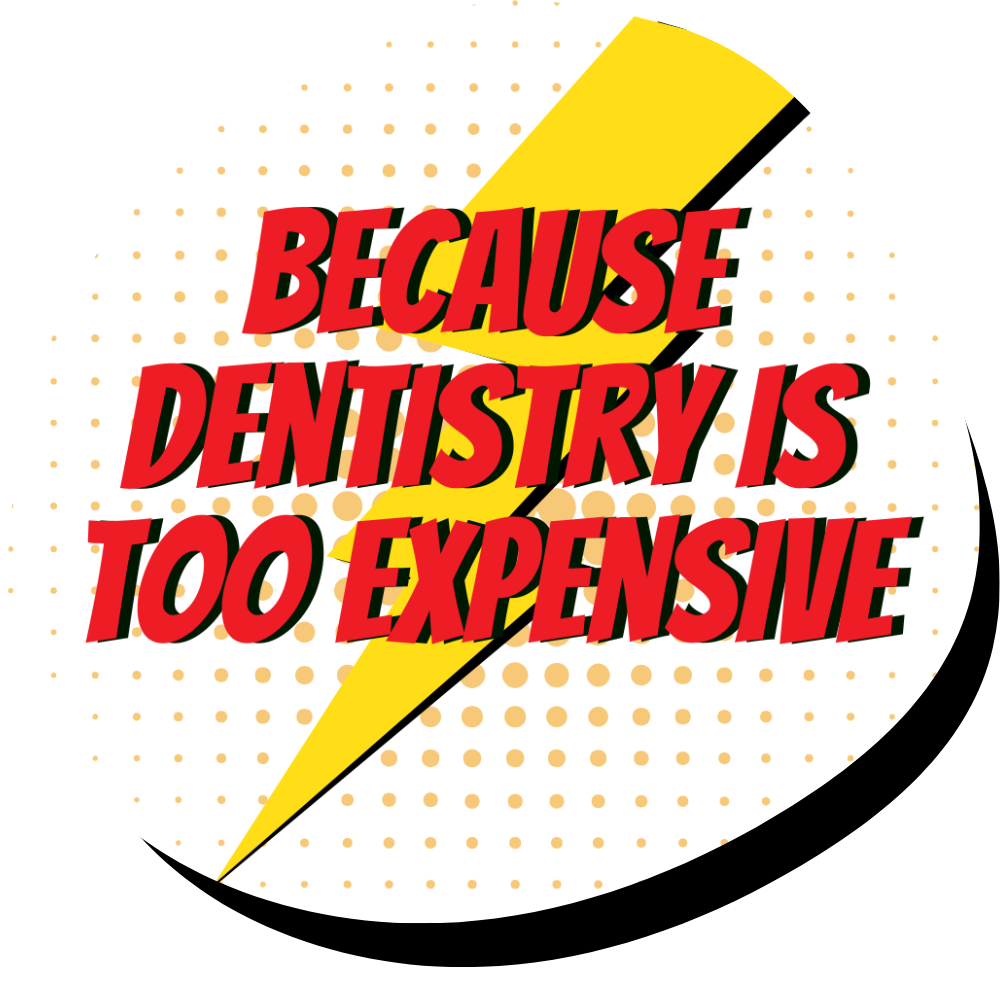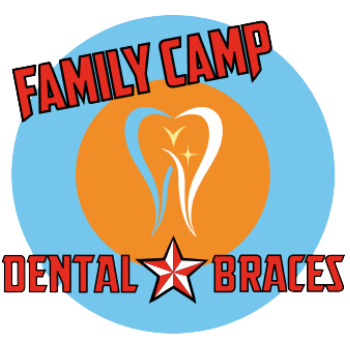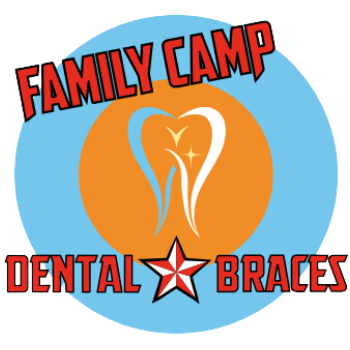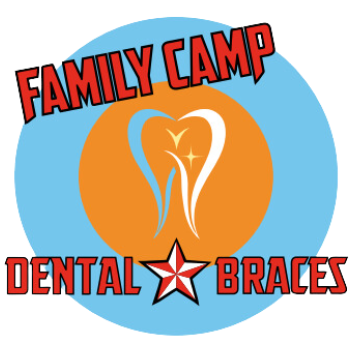Frequently Asked Questions

Got a Question?
We' ve got answers!
-
How Often Should I Visit the Dentist?
It is generally recommended to visit the dentist every six months for a routine check-up and cleaning. However, your dentist may suggest more frequent visits depending on your oral health needs.
-
What Can I Do to Maintain Good Oral Hygiene?
Brush your teeth at least twice a day with fluoride toothpaste, floss daily, eat a balanced diet, limit sugary snacks and drinks, and avoid tobacco products. Regular dental check-ups are also crucial.
-
What Causes Tooth Decay?
Tooth decay is caused by the buildup of plaque, a sticky film of bacteria that forms on your teeth. When you consume sugary or starchy foods, the bacteria produce acids that erode tooth enamel, leading to cavities.
-
How Can I Prevent Gum Disease?
To prevent gum disease, practice good oral hygiene by brushing and flossing daily, avoid smoking, maintain a healthy diet, and have regular dental cleanings and check-ups.
-
What Are The Options for Teeth Whitening?
Teeth whitening options include in-office bleaching, at-home whitening kits from your dentist, and over-the-counter whitening products. Professional treatments are generally more effective and safer.
-
Am I Too Old for Braces?
No, adults can benefit from orthodontic treatments such as braces or clear aligners. Orthodontics can improve your bite, alignment, and overall dental health at any age.
-
What Can I Do If I'm Anxious About Visiting the Dentist?
Talk to your dentist about your anxiety; they can offer solutions such as sedation options, explaining procedures thoroughly, and creating a calming environment. Practicing relaxation techniques and bringing a friend can also help.
-
How Does Oral Health Affect Overall Health?
Poor oral health is linked to several systemic conditions, such as heart disease, diabetes, respiratory infections, and complications in pregnancy. Maintaining good oral hygiene is essential for overall health.
-
How do I make my child’s diet safe for their teeth?
Make sure your child has a balanced diet. Encourage snacks such as fresh vegetables, fruits, nuts, cheeses, and other foods with high nutritional content. Limit servings of processed sugars and starches (i.e. candy, fruit snacks, juice, crackers, goldfish, pretzels, etc). You can also ask your pediatric dentist to help you select foods that protect your children’s teeth.
-
How do dental sealants work?
Sealants are a preventative measure against cavities. Sealants work by filling in the crevasses on the chewing surfaces of the teeth. This helps prevent food particles from getting caught in these crevasses, leading to chewing surface cavities. The application is fast and comfortable and can effectively protect teeth for many years.
-
What can I do to protect my child’s teeth during sporting events?
Soft plastic mouthguards can be used to protect a child’s teeth, lips, cheeks and gums from sport related injuries. A custom-fitted mouthguard developed by a pediatric dentist will protect your child from injuries to the teeth, face and even provide protection from severe injuries to the head.
-
How safe are dental X-rays?
There is very little risk in dental X-rays. Pediatric dentists are especially careful to limit the amount of radiation to which children are exposed. Lead aprons and high-speed film are used to ensure safety and minimize the amount of radiation.
-
How do I know if my child is getting enough fluoride?
Have your pediatric dentist evaluate the fluoride level of your child’s primary source of drinking water. If your child is not getting enough fluoride internally through water (especially if the fluoride level is deficient or if your child drinks bottled water without fluoride), then your pediatric dentist may prescribe fluoride supplements.
-
How can parents help prevent tooth decay?
Parents should take their children to the dentist regularly, beginning with the eruption of the first tooth. Then, the dentist can recommend a specific program of brushing, flossing, and other treatments for parents to supervise and teach to their children. These home treatments, when added to regular dental visits and a balanced diet, will help give your child a lifetime of healthy habits.
-
What is the best toothbrush for kids 9-13?
By the time your child reaches 9-10 years old, many adult teeth are now present and an adult toothbrush/toothpaste can be used. Any soft-bristled toothbrush should be used two times a day for two minutes. More important than the type of toothbrush used is the effort and time put into brushing and flossing.
-
What is the black material painted on teeth?
This is called silver diamine fluoride, which helps stop tooth decay. It has been FDA approved for use in the united states for 5 years but has been used in other parts of the world for 60-80 years.
All Information is credited to The American Academy of Pediatric Dentistry (AAPD).



